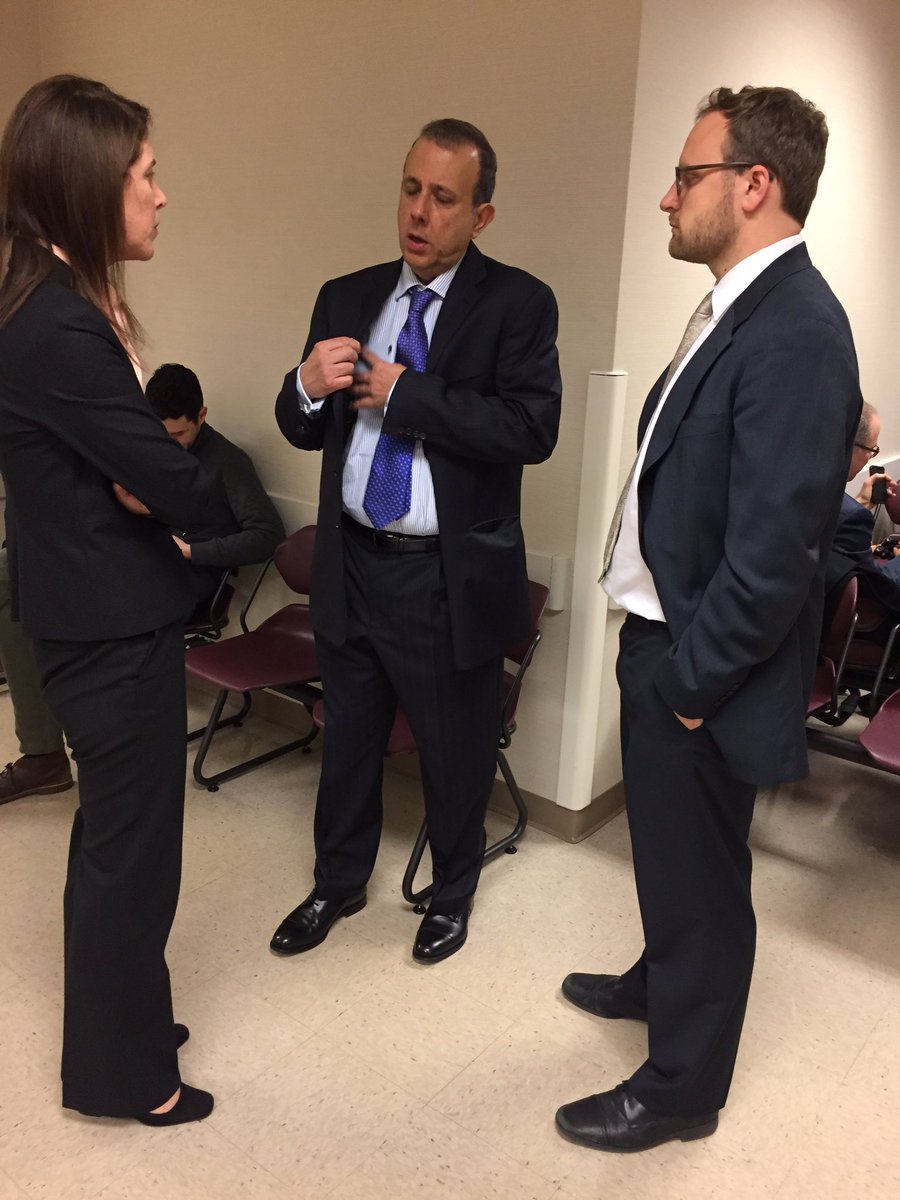- Joined
- Aug 12, 2008
- Messages
- 37,364
- Points
- 113
A very good fuck you to pap.
The boy is finally free and kudos for getting the last laugh on his oppressors.
The kid is going to do good in America. It's a happy ending that's long time coming. Take care Amos all the best for the future!
Did the judge watch any of infamous Amos videos?....or LHL speeches?? or read LKY famous books to make his decision?..or Amos made him an offer, he could not refuse?







 We "lesser mortals" know that the video was really about LKY. This is why I have lost faith in the reporting by the BBC. I understand that they have a studio in Spore & probably wanted to avoid issues with LHL. By practising self censorship they have diluted their credibility.
We "lesser mortals" know that the video was really about LKY. This is why I have lost faith in the reporting by the BBC. I understand that they have a studio in Spore & probably wanted to avoid issues with LHL. By practising self censorship they have diluted their credibility.